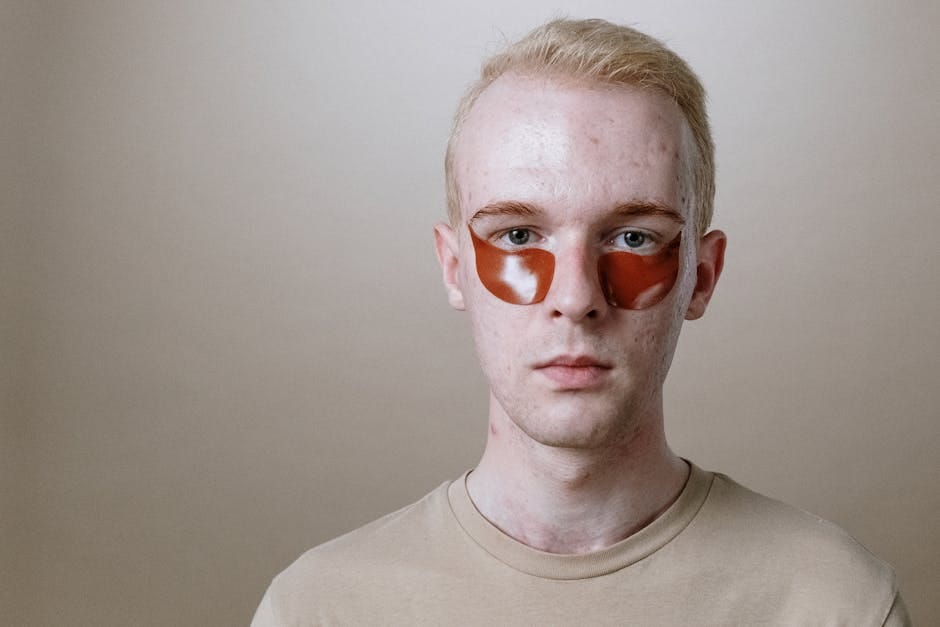Acne. The uninvited guest that shows up on your face at the worst possible times. Whether you're dealing with a single pimple or a full-blown breakout, it's a frustrating skin condition that affects millions. Thankfully, there are numerous treatments available, ranging from simple home remedies to professional interventions. So, take a deep breath, and let's explore your options.
One of the first lines of defense against acne is over-the-counter treatments. These typically include cleansers, creams, and gels containing ingredients like benzoyl peroxide or salicylic acid. Benzoyl peroxide works by killing bacteria and drying out excess oil, while salicylic acid helps to unclog pores. Start with a lower concentration to avoid irritating your skin and gradually increase as needed. Be patient, as it may take several weeks to see noticeable improvement.
If over-the-counter options aren't cutting it, a visit to a dermatologist might be in order. A dermatologist can assess your specific skin type and acne severity to recommend a more tailored treatment plan. This could include prescription-strength topical medications like retinoids, which help to prevent clogged pores, or antibiotics to combat bacterial overgrowth.
For more severe cases of acne, oral medications might be necessary. Oral antibiotics can help reduce inflammation and bacterial load, while isotretinoin (commonly known as Accutane) is a powerful medication reserved for severe cystic acne. Isotretinoin can be highly effective but comes with potential side effects, so it's crucial to discuss these with your dermatologist.
Beyond medications, there are several in-office procedures that can help manage acne. Chemical peels can exfoliate the skin and unclog pores, while light therapy can target acne-causing bacteria. Extractions, performed by a dermatologist, can safely remove stubborn blackheads and whiteheads, preventing them from developing into larger pimples.
While seeking professional help is essential for persistent acne, there are also lifestyle changes you can make to support your treatment. Maintaining a consistent skincare routine, including cleansing and moisturizing, is crucial. Avoid touching your face excessively, as this can transfer bacteria and irritate the skin. Choosing non-comedogenic makeup and skincare products can also prevent pores from becoming clogged.
Diet can also play a role in acne management, although the connection isn't fully understood. Some studies suggest that high-glycemic foods and dairy products may exacerbate acne in certain individuals. While more research is needed, it may be helpful to monitor your diet and see if eliminating certain foods makes a difference in your skin.
Finally, remember that acne is a common skin condition, and you're not alone in this battle. Be patient with your treatment plan, and don't be afraid to reach out to a dermatologist for guidance. With the right approach, you can achieve clearer skin and regain your confidence. And in the meantime, remember that a little concealer can go a long way!

